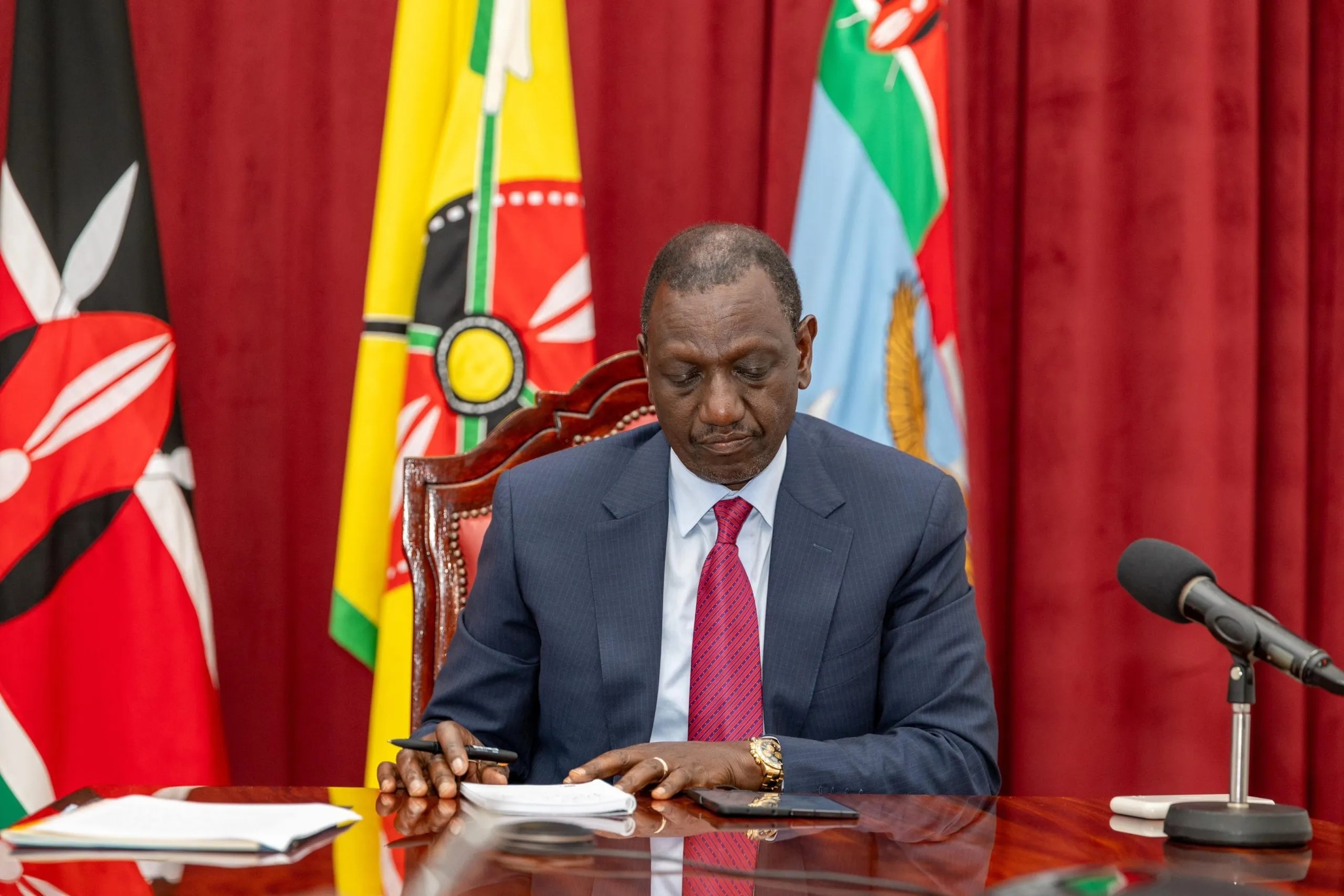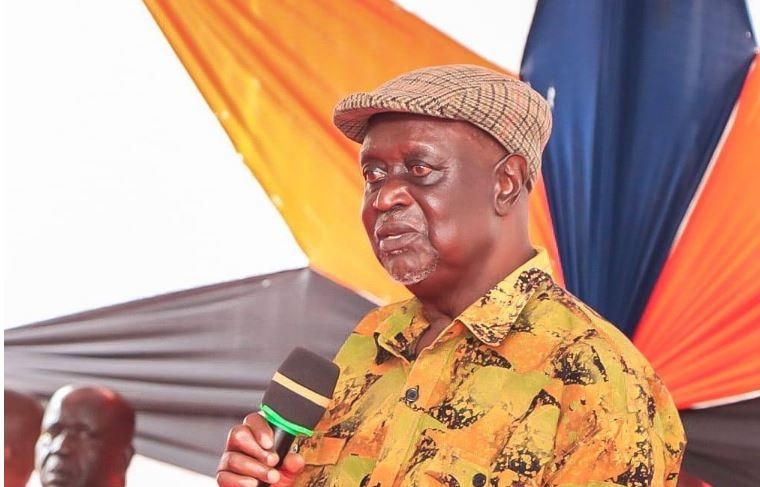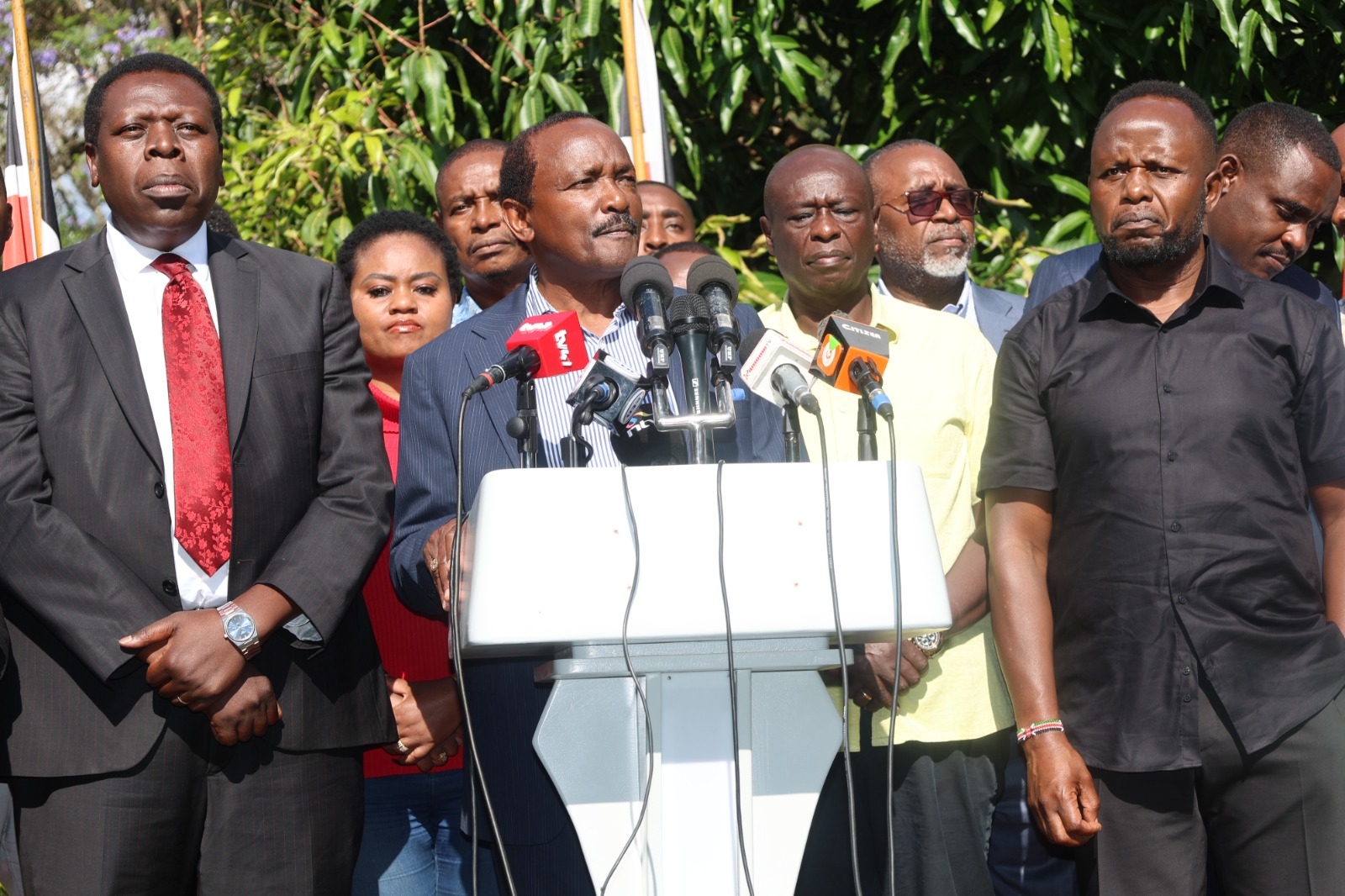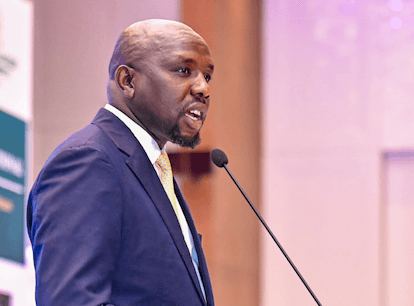Expensive devices and data alongside a digital skills gap are among major hiccups in driving the government led-digital transformation, private sector players now say.
The Digital Matrix, on how the government's score in the Digital Economy Transformation initiative, shows access to gadgets for majority of Kenyans is still costly amid a general high cost of living.
While there has been an increase in smartphones penetration in the country, which went up to 34.5 million in the third quarter (January-March) from 33.6 million in Q2 as per the Communications Authority, feature phones are still widely used with 31.2 million gadgets in the market.
The cost of data remains high compared to other markets, with a gigabyte averaging $2.25 (about Sh289 at the current exchange rate).
A new report by British research firm– Cable puts Kenya's broadband prices at an average $47.73 (Sh6, 145) per month, compared to neighbouring economies of Rwanda at $43.22 (Sh5, 564) and Tanzania $43.44 (Sh5, 592).
In the three key focus areas featured in the matrix by the Center for International Private Enterprise (CIPE) and the Kenya Private Sector Alliance Foundation (KEPSA), the country has stagnated in two which are digital skills at 57 per cent achievement and cost of digitising at 40 per cent.
Whereas coverage and participation in digital skills appears have increased, the curriculum remains shallow and uncompetitive relative to the present market need, CIPE notes.
The digital skills delivered by the current Ajira Distance Support Program are said to still be basic, and much needs to be done to give the curriculum a commercial angle to produce productive and self-driven graduates.
Reviewing taxes downwards (import duty) on the other hand is advised as a way of boosting cost reduction on devices and connectivity.
“The government needs to fast track the deepening of internet access as well as reduce the overall cost of data and devices to improve scores on cost of digitising and accelerate economic activities such as e-commerce that depend largely on the internet,” the KEPSA foundation noted.
The country has however made a significant progress in cyber security, where since the release of the last scorecard in April 2024, the Cyber Security focus area recorded a four-point improvement with 55 per cent achievement recorded, with significant progress noted in legislation.
“For Kenya to thrive in the digital economy, it is essential to foster a policy environment that supports innovation, ensures data privacy, strengthens infrastructure, builds capacity, and improves access to finance” KEPSA Foundation Patrick Obath said in a statement yesterday.
The digital economy is projected to contribute up to 9.24 per cent of Kenya's GDP by 2025.
“The scorecard will play a vital role in tracking and accelerating this growth. It aims to establish robust digital foundations, which will be crucial for the nation's long-term success in leveraging the digital economy as a catalyst for economic growth, job creation, and improved service delivery, while ensuring that no sector is left behind”, said Mercy Meme, assistant director at the Ministry of ICT and Digital Economy.
Some of the achievements so far include the nurturing of digital talent by the government, with over 516,505 individuals trained in digital skills as of April under the Ajira Digital Program. About 800 youths have been trained through the Presidential Digital Talent Program.
The Konza Technopolis, through the Jitume initiative, had on the other hand established 117 centres across the country to teach digital skills.
By June 2024, the program had connected over 28,000 users, enrolled 8,700 in various courses, and facilitated the creation of 118 digital job platforms.
On the Digital Superhighway, out of the planned 100,000 kilometers of fibre optic cable rollout, aimed to be achieved through a Public-Private Partnership (PPP) model over five years, approximately 25,000 kilometres have been completed to date.
To enhance National cyber-protection system, in addition to the Data Protection Act of 2019 and the Computer Misuse and Cybercrimes Act of 2018, the Blockchain Association of Kenya (BAK) has prepared and submitted a proposed bill—the Virtual Assets Service Providers Bill 2024.
The bill, now under consideration by the Finance and National Planning Committee, aims to establish clear regulations for trading digital assets, protect investors from digital asset scammers and fraudsters, and generate additional tax revenue through capital gains.
There are also plans to establish three data centres, which are expected to significantly boost Kenya's digital infrastructure and support cloud computing in Kenya and the East African region.



















